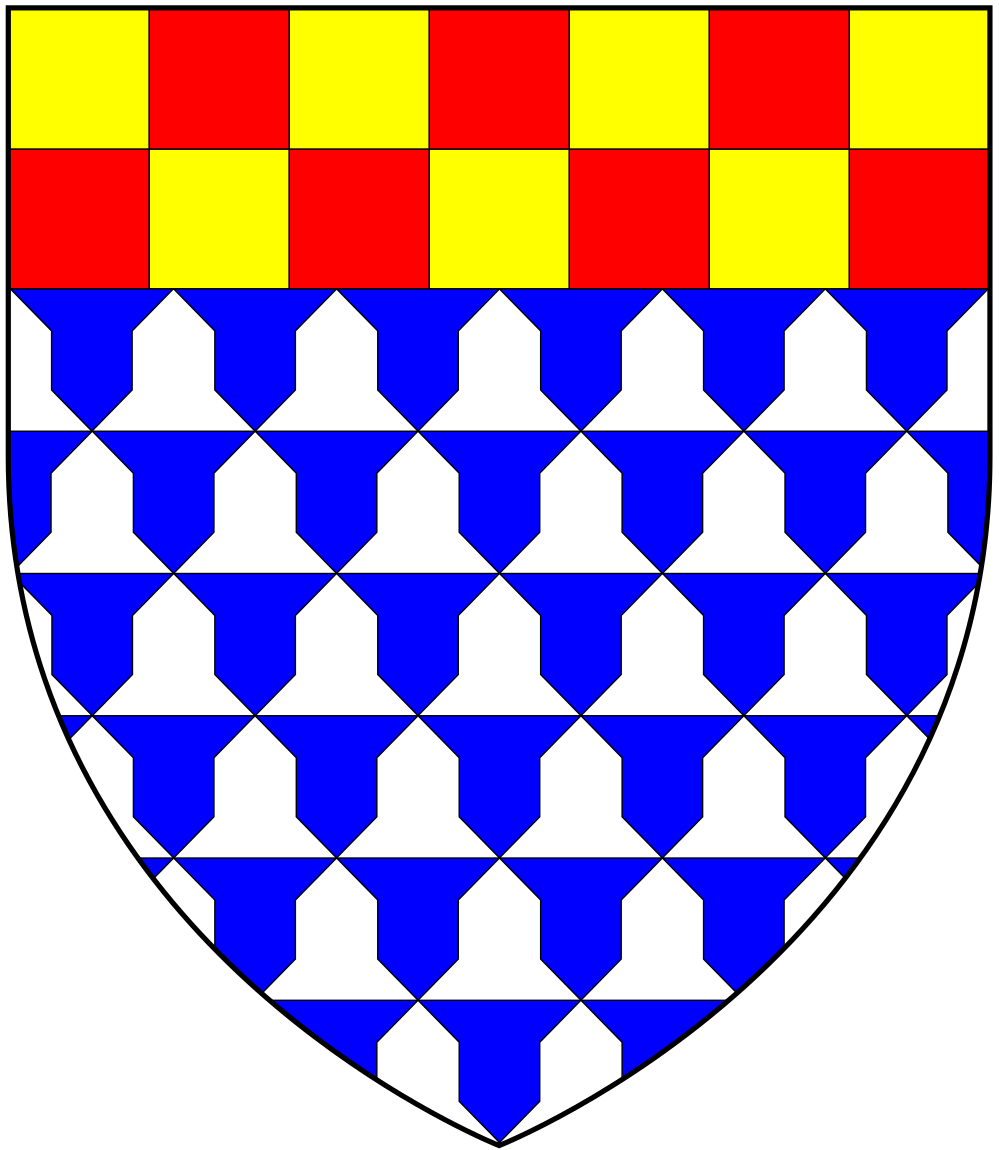Christopher Fleming, 17th Baron Slane on:
[Wikipedia]
[Google]
[Amazon]
 Christopher Fleming, 1st Viscount Longford and 17th Baron Slane (1669–1726), was an Irish peer and a member of the Irish parliament of 1689.
Christopher Fleming, 1st Viscount Longford and 17th Baron Slane (1669–1726), was an Irish peer and a member of the Irish parliament of 1689.
Career
Lord Slane was a Roman Catholic who had been educated in France atUniversity of Douai
The University of Douai (; ) was a historic university in Douai, France. With a medieval tradition of scholarly activity in the city, the university was established in 1559, and lectures began in 1562. It ceased operations from 1795 to 1808. In ...
. He was the only son of Randall Fleming, 16th Baron Slane and his second wife Penelope Moore, daughter of Henry Moore, 1st Earl of Drogheda
Henry may refer to:
People and fictional characters
* Henry (given name), including lists of people and fictional characters
* Henry (surname)
* Henry, a stage name of François-Louis Henry (1786–1855), French baritone
Arts and entertainmen ...
and Alice Spencer. His father died when he was only seven years old and he was placed in the guardianship of his grandmother, the dowager Lady Drogheda, who petitioned the Crown to restore to him all lands forfeited by the family during the political troubles of the 1640s and 50s.
He served as a colonel in the forces of James II during the 1689–1691 war in Ireland. He fought in such engagements as the Battle of Boyne
The Battle of the Boyne ( ) took place in 1690 between the forces of the deposed King James II, and those of King William III who, with his wife Queen Mary II (his cousin and James's daughter), had acceded to the Crowns of England and Sc ...
and Battle of Aughrim
The Battle of Aughrim () was the decisive battle of the Williamite War in Ireland. It was fought between the largely Irish Army (Kingdom of Ireland), Irish Jacobitism, Jacobite army loyal to James II of England, James II and the forces of Will ...
, at the latter of which he was taken prisoner. After being released he went abroad and served as a colonel
Colonel ( ; abbreviated as Col., Col, or COL) is a senior military Officer (armed forces), officer rank used in many countries. It is also used in some police forces and paramilitary organizations.
In the 17th, 18th, and 19th centuries, a colon ...
in the French army. By 1704 he had joined the Portuguese army, where he served as a lieutenant general. Through this service he was reconciled to the British Crown
The Crown is a political concept used in Commonwealth realms. Depending on the context used, it generally refers to the entirety of the State (polity), state (or in federal realms, the relevant level of government in that state), the executive ...
; in 1709, his attainder
In English criminal law, attainder was the metaphorical "stain" or "corruption of blood" which arose from being condemned for a serious capital crime (felony or treason). It entailed losing not only one's life, property and hereditary titles, but ...
was reversed by the House of Lords
The House of Lords is the upper house of the Parliament of the United Kingdom. Like the lower house, the House of Commons of the United Kingdom, House of Commons, it meets in the Palace of Westminster in London, England. One of the oldest ext ...
. In 1713 he received a royal patent
Letters patent ( plural form for singular and plural) are a type of legal instrument in the form of a published written order issued by a monarch, president or other head of state, generally granting an office, right, monopoly, title or statu ...
from Queen Anne naming him The 1st Viscount Longford.
Death and burial
Lord Longford (as he then was) died at Fleming Hall, Anticur, in 1726 and was buried in the MacDonnell family vault inBonamargy Friary
Bonamargy Friary is situated in County Antrim, Northern Ireland, off the Cushendall Road on the approach to Ballycastle. The name Bonamargy means ‘foot of the Margy River’, the river formed by the joining of the Cary River and Shesk River ...
at Ballycastle, the burial place of the Earls of Antrim.
Children and succession
He left only one child, a daughter, Helen Fleming, who lived and died in Paris on 7 August 1748. She was unmarried and left no children. The heir to Fleming Hall and the barony was his nephew William Fleming, 23rd Baron Slane. He was the son of Thomas Fleming of Gillanstown in County Meath. William had a son Christopher Fleming, 24th and last Baron Slane, who lived at Fleming Hall and died there in 1771. He left as his sole heiress his daughter who married Felix O’Connor ofCounty Donegal
County Donegal ( ; ) is a Counties of Ireland, county of the Republic of Ireland. It is in the Provinces of Ireland, province of Ulster and is the northernmost county of Ireland. The county mostly borders Northern Ireland, sharing only a small b ...
. Following her husband's death, she sold Fleming Hall and moved to Craigs, Finvoy, and then to America.
Fleming Hall
Fleming Hall was purchased by the Leslie family, and was sold by them in 1847 to the Richards family, from whom it descended to the present owners in 2012, the Wallace family.BoydSources
* G. E. C., ed. Geoffrey F. White. ''The Complete Peerage''. (London: St. Catherine Press, 1953) Vol. XII, Part 1, p. 19-21.References
{{DEFAULTSORT:Slane, Christopher Fleming, 17th Baron Nobility from County Meath 17th-century Irish people 18th-century Irish people Irish soldiers in the army of James II of England 1669 births 1726 deaths Portuguese generals Members of the Irish House of Lords Barons in the Peerage of Ireland